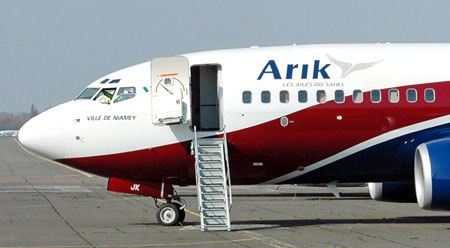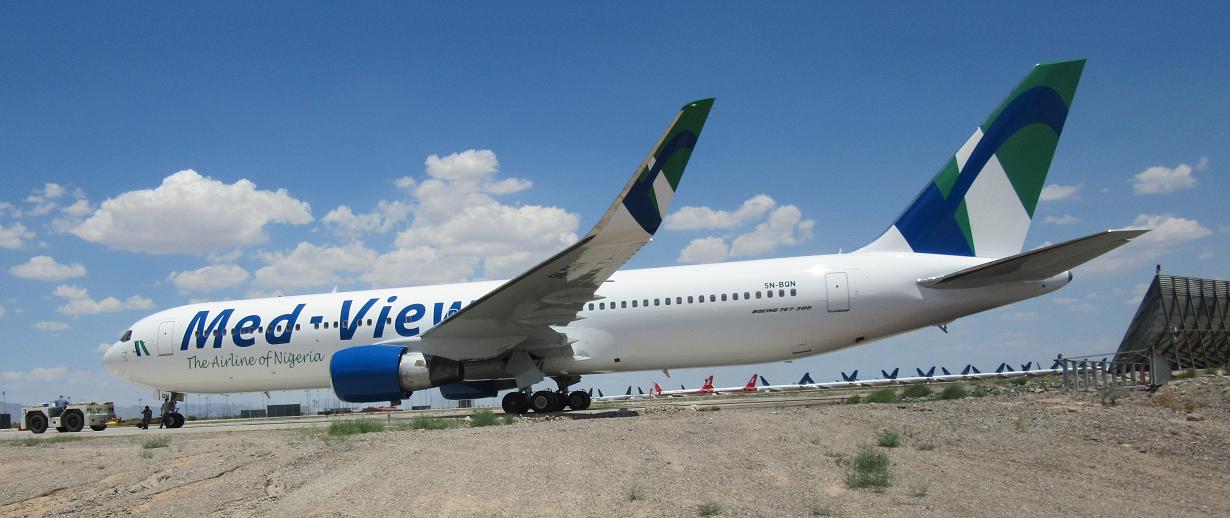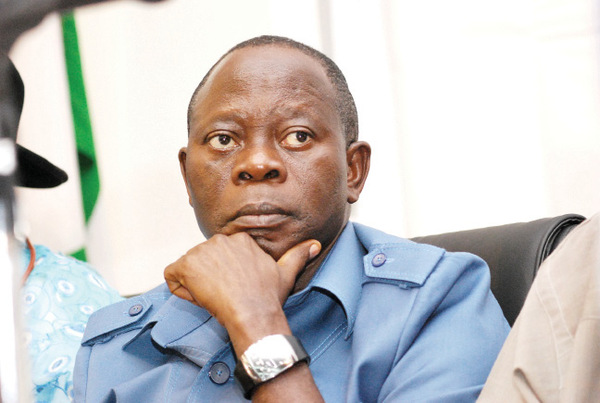Why Nigerian Aviation Still Lacks Credibility?

In the end of August 2017, the US Federal Aviation Administration (FAA) conducted a five-day audit of the Nigerian civil aviation industry. Although the audit’s results have not yet been made official, Nigerian Civil Aviation Authority, NCAA spokesman Sam Adurogboye assures the media that the country scored high during the audit and the country will definitely have its Category 1 Safety Status renewed, permitting Nigeria-registered aircraft to enter the US airspace. However, the audit and the speculation surrounding it revealed the wounds of Nigerian civil aviation industry.
The “most hostile” environment for aviation operations
On September 13, 2017, while talking about the heated problem of Nigeria’s pilot employment – or, rather, the lack thereof, Senator Bala Ibn Na’Allah, Vice Chairman of the Senate Committee on Aviation criticized his home country by saying: “we have the most hostile environment for aviation operations in the world and you cannot develop aviation industry under such environment”.
But the FAA audit brought even more problems to light. Prior to the audit, the National Association of Aircraft Pilots and Engineers warned that the two bodies investigated by the FAA – Nigerian Civil Aviation Authority (NCAA) and the Accident Investigation Bureau (AIB) – lack the technical personnel for the country to pass the audit.
“Union said the poor conditions of service (CoS) to safety inspectors and investigators by the two organizations have prevented them from attracting, hiring or retaining qualified and experienced pilots and engineers,” Abednego Galadima, president of NAAPE said in an official statement.
The interim media reports, however, point out to Nigeria’s infrastructure – namely airports – as the main source of concern. Some even reported that during the audit, Nigerian airports failed to meet the safety and security requirements, although Adurogboye denied the rumor, saying that FAA doesn’t even examine the state of airports, as a separate audit is coming in November 2017.
However, the concern of the airports’ condition could be understood better if we take a look at other Nigerian aviation audits by international bodies. For instance, a similar concern was echoed at the International Civil Aviation Organization’s (ICAO) audit as well.
Comparatively safe, despite everything
“The ICAO conducts audits of states’ government resources and legislation set out to assist with aviation safety and security oversight in their territories,” as explained by a representative of ICAO.
While the security results are confidential to certain state officials, the safety results of Nigeria’s aviationconducted in 2016 reveal that overall the country’s aviation is not that bad in the world’s context, but the problems in some areas, e.g. airports, need instant solving.
Nigeria has a strong legislation base and it scores well beyond the global averages when it comes to the organization and accident investigation indices. The country is also rated fairly high for its airworthiness and licensing procedures. But when it comes to operations, air navigation services and aerodromes, it’s when the problems start. All these areas score less than the world’s average, with aerodromes in particular not even reaching 50% of effective implementation.
The European Aviation Safety Agency (EASA) is another international body that views Nigeria’s aviation as comparatively safe. Only one of the country’s airlines is listed in the EU Air Safely list that forbids carriers to enter the European Union’s air space.
Fundamental concerns
In 2015 the only Nigerian airline listed in the EU Air Safety list – Med-View Airline – applied for a Third Country Operator authorization. After reviewing the application, EASA foundwhat it calls ‘fundamental concerns’ and rejected the application on safety grounds. During the subsequent procedures, the airline and its supervisory body – the NCAA – had to prove that the measures taken to eliminate EASA’s concerns are adequate and satisfying.
But the outcome is rather opposite, as an excerpt from the hearing in 2017 states that “The NCAA’s replies to questions regarding its ability to identify and monitor safety deficiencies indicated that that ability is not adequate. It is considered that the NCAA will need to take measures in order to improve the required quality of the safety oversight on the air carriers for which it is responsible.”
Why Nigerian aviation still lacks credibility?
It is not the lack of competence by Nigerian authorities or the poor condition of airports that are the main problem of country’s aviation, says Alexander Nwuba, Chief Operating Officer at Eagle Airways Nigeria. “The main problem is attitudinal“.

Although still too weak to qualify for regulation exceptions in the international arena on their own, Nigerian airlines are generally successful and safe. The occasional accidents have been put under control and the sanctions for odd breaches have been implemented. However, the comprehensive review of the business and regulatory processes are still much needed, as well as the look to organizational philosophy issues, raising the question why there are gaps in order to deal not only with outcomes, but the causes beneath underneath them.
“We will fix what’s required but immediately begin to backslide its maintenance”, Nwuba says.
Nwuba does not believe it is the personnel, airports, technical base or some other components to blame for the questionable reputation of the country’s aviation. When it comes to people, their competence, broadly defined as ability to work efficiently or successfully, depends on proper training of the staff and providing the right tools.
In the cases of the NCAA and AIB case, the question asked should be whether the people were actually given a chance to be competent, by providing the much needed continuous training and support. The same problem extends to another highly sensitive topic – pilots. To attract experienced pilots, Nwuba believes, the organization needs to be properly functioning and provide an adequate salary.
“Our overall approach to security is based on our reference of reality, there isn’t a problem until there’s a problem. The process of the FAA is known to us, all we needed to do was ensure that we addressed the gaps but we chose to prepare on the eve of the exam”, Nwuba says. “The development and maintenance of these processes continuous and if we take a broader view, we can blame a lot of things, lack of funding for training, budget constraints etc. whereas in reality our approach and philosophy to security is the real problem”.










